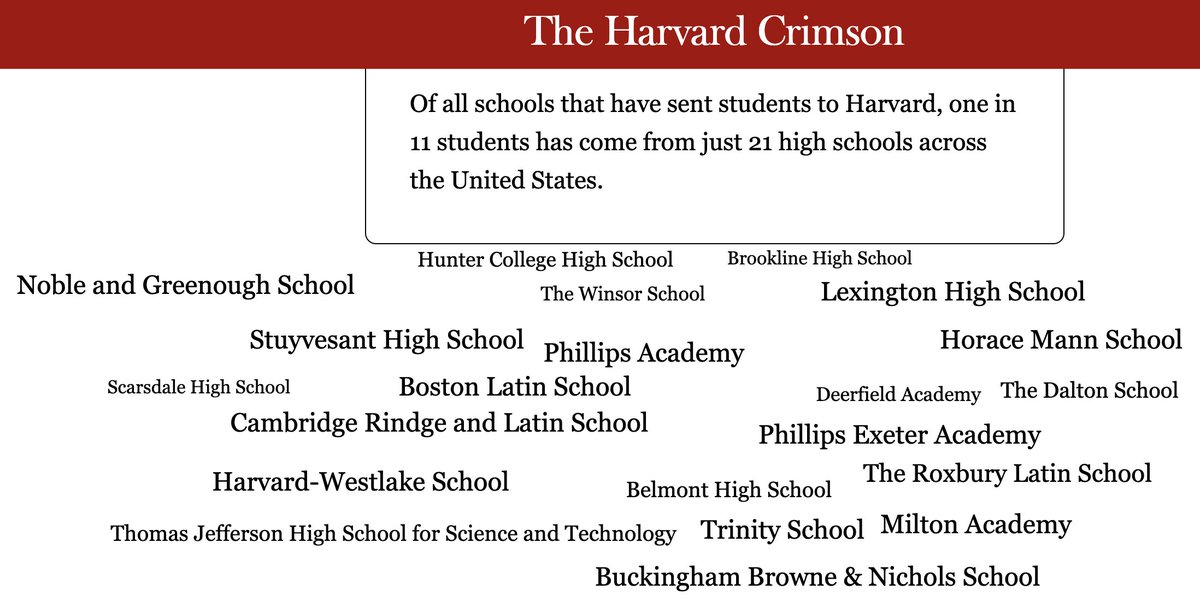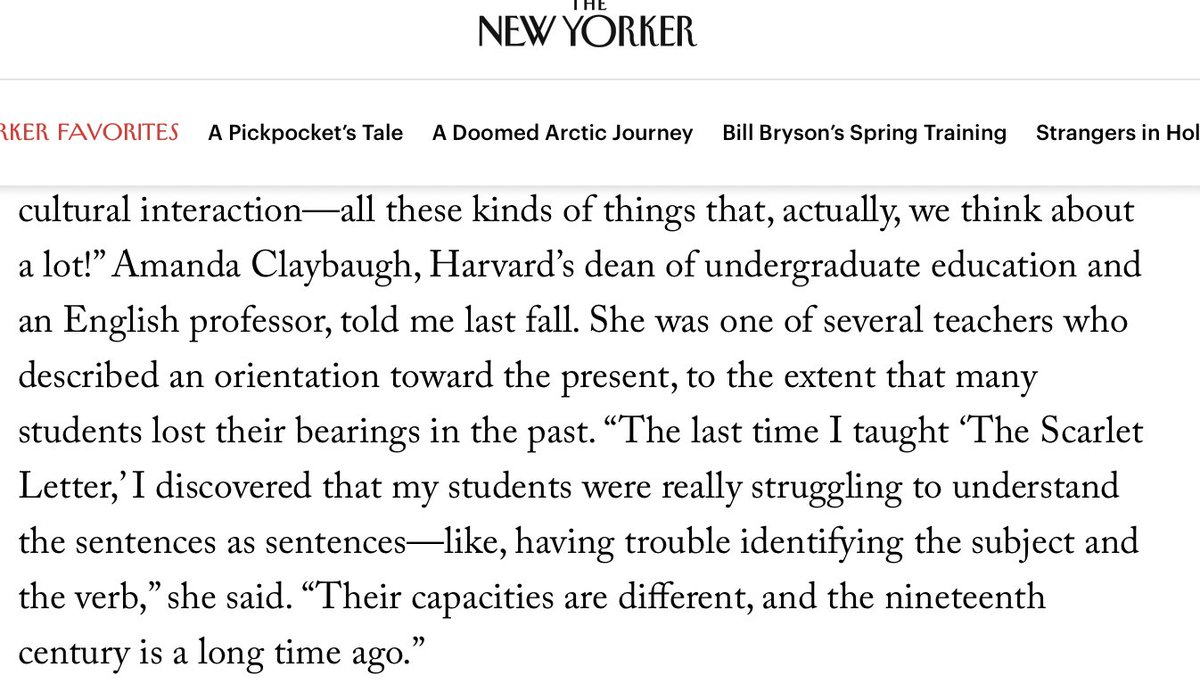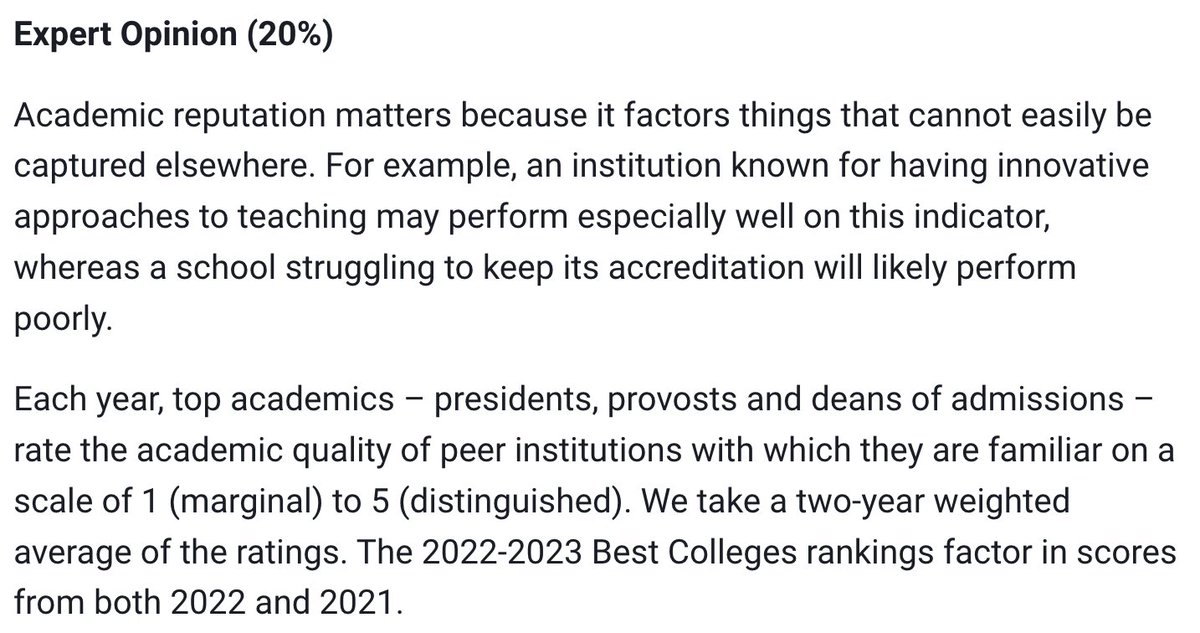Remember this stupid moment from April? If Congress doesn't fix the next relief bill, dubbed the HEROES Act (#RIPDavidBowie), we're going to have to do it again. The bill sends wealthy schools millions that could have more impact at public institutions.
Let's not do this again.
Let's not do this again.

I put the great data @EduBenM shared on likely allocations for private universities & colleges together with @NACUBO's list of endowments.
The 40 wealthiest private universities in the country, whose combined endowments add up to $292B, are slated to receive $709M from HEROES.
The 40 wealthiest private universities in the country, whose combined endowments add up to $292B, are slated to receive $709M from HEROES.
Schools 1-10. As @EduBenM pointed out, institutions with lots of grad students get a larger benefit because grad students are being used in the headcount. Let's fix that to focus on undergrads. 

All universities do have hard times ahead of them, BUT public institutions, particularly regional ones & community colleges that serve many more people than these 40 schools, are going to suffer much more. $709M would matter a lot more to them than to these rich schools.
So, let's fix the bill, Congress, to make sure the money goes where it will have the largest impact. What d'you say?
• • •
Missing some Tweet in this thread? You can try to
force a refresh















